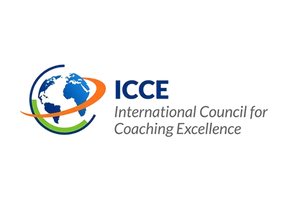The International Council for Coaching Excellence (ICCE) is a not-for-profit, international organization established in 1997 with the mission of leading and promoting coaching as a recognized profession globally, particularly in sport coaching. The ICCE operates as a cooperative network of national coaching bodies, international sport federations, educational institutions, and individual members focused on enhancing the quality of coaching at all levels. It emphasizes the development of blended professional coaching through the creation of standardized coaching frameworks such as the International Sport Coaching Framework (ISCF) and the European Sport Coaching Framework (ESCF), designed to harmonize coaching education, development, and employment practices worldwide.
Based in the United Kingdom at Leeds Beckett University, ICCE actively engages in the international sport community, advocating for policies that uphold coaching ethics, safety, inclusion, and excellence. The organization has partnered with key international bodies including the International Olympic Committee, World Anti-Doping Agency, and several European Commission sport units. It also contributes to EU-funded projects like SCORE and SPEACH aimed at equality and advancement in coaching.
ICCE’s lobbying efforts focus on representing coaching interests in EU regulatory and policy-making processes, fostering international collaboration, and advising on best practices for coach education and ethics. Its activities promote integrity, honesty, fairness, inclusion, tolerance, and commitment to excellence within coaching cultures. ICCE utilizes its position to influence EU sport-related initiatives and policymaking through collaboration with the European Coaching Council, which serves as its continental representative in Europe, advocating for a common European Code of Ethics for coaches.
As an organization registered in the EU Transparency Register, ICCE’s lobbying complies with transparency requirements, disclosing its objectives, funding sources, and interactions with EU institutions. Its long-standing experience and established networks position it as a key stakeholder in shaping sport coaching policy and education standards in Europe and globally


